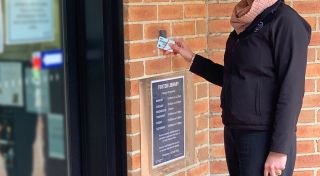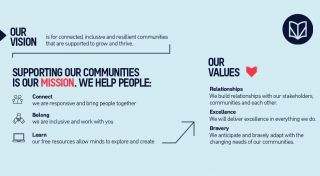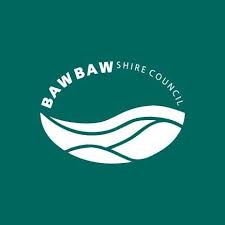World International Happiness Day is on March 20th 2021.
According to the United Nations website, it’s a day to be happy, of course! Since 2013, the United Nations has celebrated the International Day of Happiness as a way to recognise the importance of happiness in the lives of people around the world. In 2015, the UN launched the 17 Sustainable Development Goals, which seek to end poverty, reduce inequality, and protect our planet – three key aspects that lead to well-being and happiness. The United Nations invites each person of any age, plus every classroom, business and government to join in celebration of the International Day of Happiness.
What is Happiness?
The Oxford English dictionary’s definition of happiness is a simple one: ‘The state of being happy’.
Happiness is that feeling that comes over you when you know life is good and you can’t help but smile. It’s the opposite of sadness. Happiness is a sense of well-being, joy, or contentment. When people are successful, or safe, or lucky, they feel happiness. Do you feel happy? Are you lucky? Not everyone is and in this worrying time of Covid-19 being on our minds constantly, happiness is something that we must actively seek out and try to find on a daily basis.
What makes you happy? Is it walking the dog, talking with friends, shopping, music or maybe something else? Think of all the things that bring you joy in your life and find a way to incorporate some of them in your everyday life. Regardless of your version of true happiness, living a happier, more satisfied life is within reach and a few tweaks to your regular daily routine can help you get there. Listed below are 5 habits you could add into your daily routine to add a little happy into your day.
- Keep a Journal: Journaling is a great way to organise your thoughts, analyze your feelings, make plans for the day ahead, and declutter your mind from a stressful day. The simple act of writing it down helps to remove the thoughts from your mind and clear your head for a new day or a good night sleep.
- Smile: Start the morning by smiling to yourself in the mirror. We smile because we are happy, and smiling causes the brain the release dopamine which makes up happier. So the next time you feel low, try and smile and see what happens.
- Food & Exercise: The foods you eat can have an impact of your mood. Try and eat a balanced diet of carbohydrates, lean meat, legumes and vegetables and limit highly processed foods. Start by making small changes each day. Regular exercise isn’t just for your body, it can also help to reduce stress, feelings of anxiety, and symptoms of depression. It can be as little as 30 mins per day. (Please consult with you doctor before you start a new diet or exercise regime.).
- Sleep: Most adults need about 7 to 8 hours sleep per night. Some tips for a good nights sleep include limiting your night-time social media 30 mins before bed, maintain a regular sleep schedule, keep your room dark and cool, and invest in good pillows and bedding. Track your sleep for 1 week and see where improvements can be made.
- Give a compliment: Giving a sincere respectful compliment is a quick and easy way to brightening someone’s day while giving your own happiness a boost. This small act of kindness towards someone else can help you feel more satisfied within yourself. Check out this article on some simple rules for giving good compliments and give it go yourself!
Click on the image below to check out some of the titles about Happiness in the West Gippsland Library catalogue.
If feeling happy or happiness is something you are struggling with please reach out to a friend, work colleague or an online mental health service: Beyond Blue, Reach Out, Mental Health Australia, Black Dog Institute, Head to Health, SANE Australia, Mental Health.gov or contact your local health professional.

Dancing can be a way to stay fit for people of all ages, shapes and sizes. It has a wide range of physical and mental benefits including:
- Improved condition of your heart and lungs increased muscular strength, endurance and motor fitness
- Increased aerobic fitness, muscle tone and strength
- Weight management increased physical confidence
- Stronger bones and reduced risk of osteoporosis
- Better coordination, agility and flexibility with improved balance and spatial awareness
- Improved mental function, greater self-confidence and self-esteem.
Click here to try out some free online dance lessons.
Further Reading:
- Positive Mindsets with Reach Out.com
- Join the Bite Back Mental Fitness Challenge
- Beyond Blue focus on Wellbeing
Local Events and Information: Click on the icons below to access information about events in your local area.





























Comments